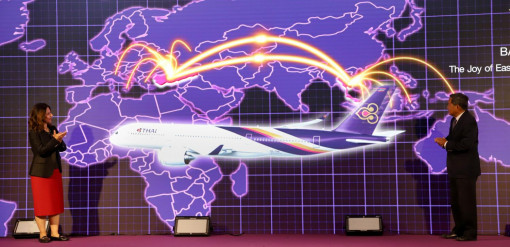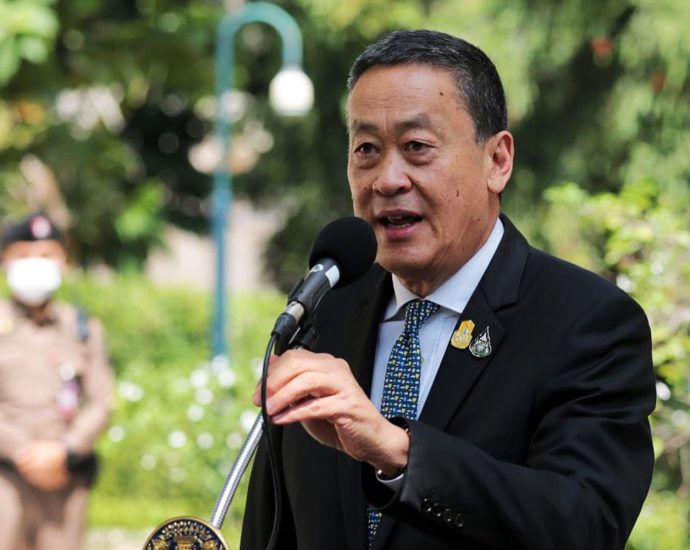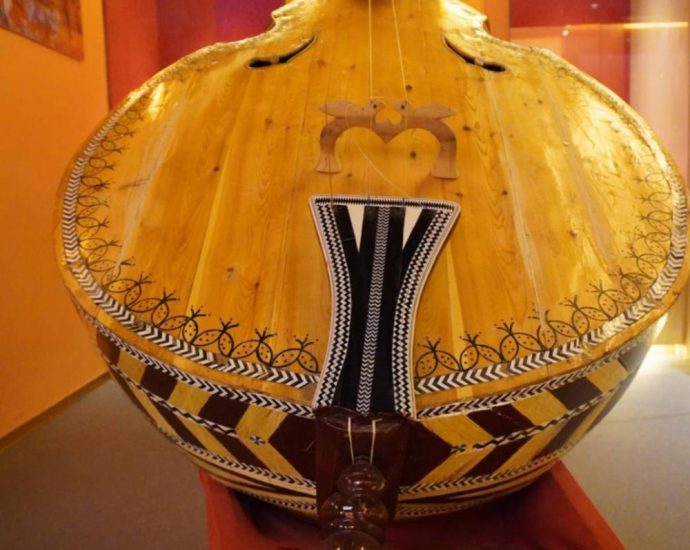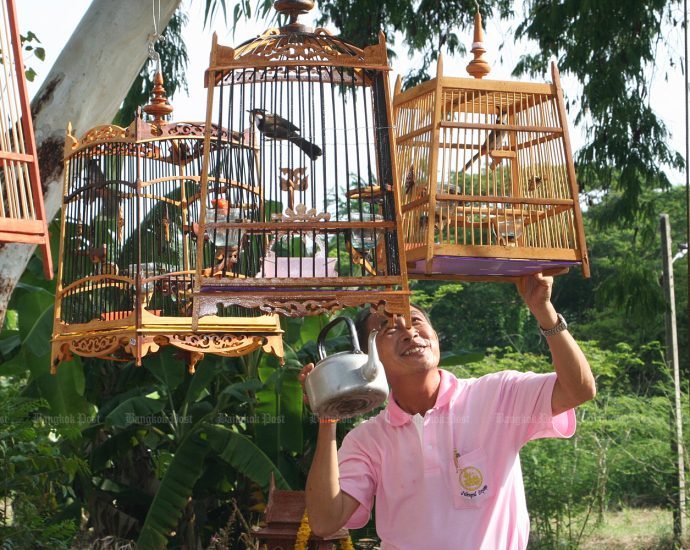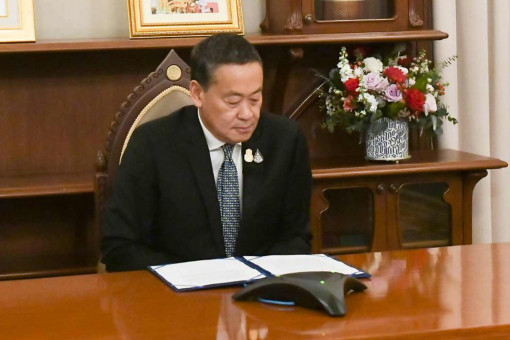THAI to fly to Istanbul from Dec 1
PUBLISHED : 2 Nov 2023 at 05:00

Thai Airways International (THAI) will start direct flights between Bangkok and Istanbul on Dec 1.
The news was formally announced at a launch ceremony yesterday, which was led by Piyasvasti Amranand, THAI Chairman of the Plan Administrators, and Serap Ersoy, Ambassador of the Republic of Turkiye to Thailand.
The outbound flight is scheduled to depart Suvarnabhumi airport at 11.45pm and arrive in Istanbul at 6.05am, local time, the following day. The inbound flight, meanwhile, will depart Istanbul at 4.30pm and arrive in Bangkok at 5.35pm the next day.
The launch of direct flights between Bangkok and Istanbul will enhance THAI’s connectivity and cargo capacity across the Asia-Pacific region, as well as Africa and beyond, the Thai flag carrier said.
It will also boost investment, economic exchanges and transport links between Thailand and Turkiye, which is also an important gateway to Eastern Europe, it said.
To promote the service, THAI has partnered up with Mastercard to offer discounts to customers who purchase tickets with a Mastercard-branded credit card on thaiairways.com. The promotion is valid until the end of the month, for travel between Dec 1 and March 31.

